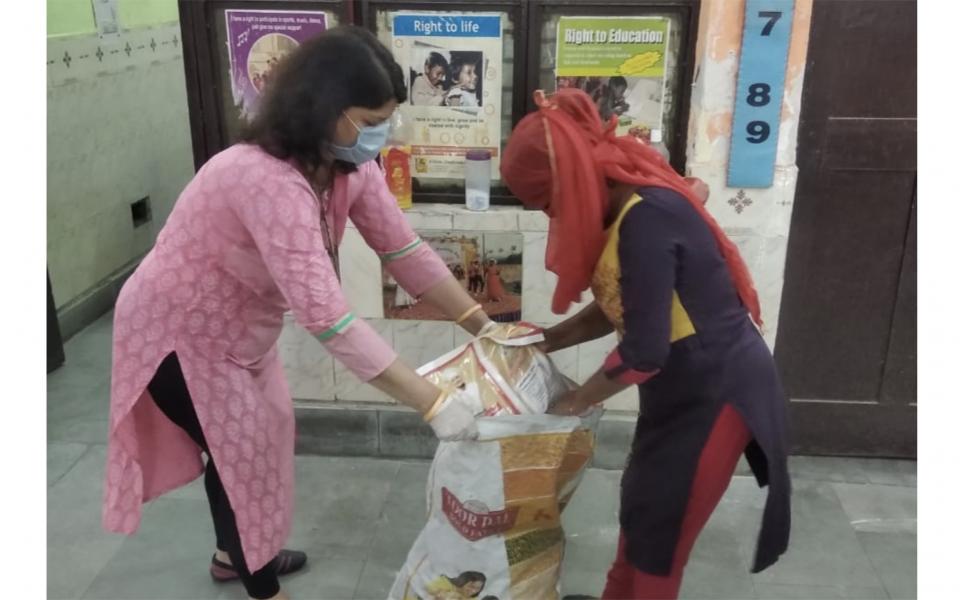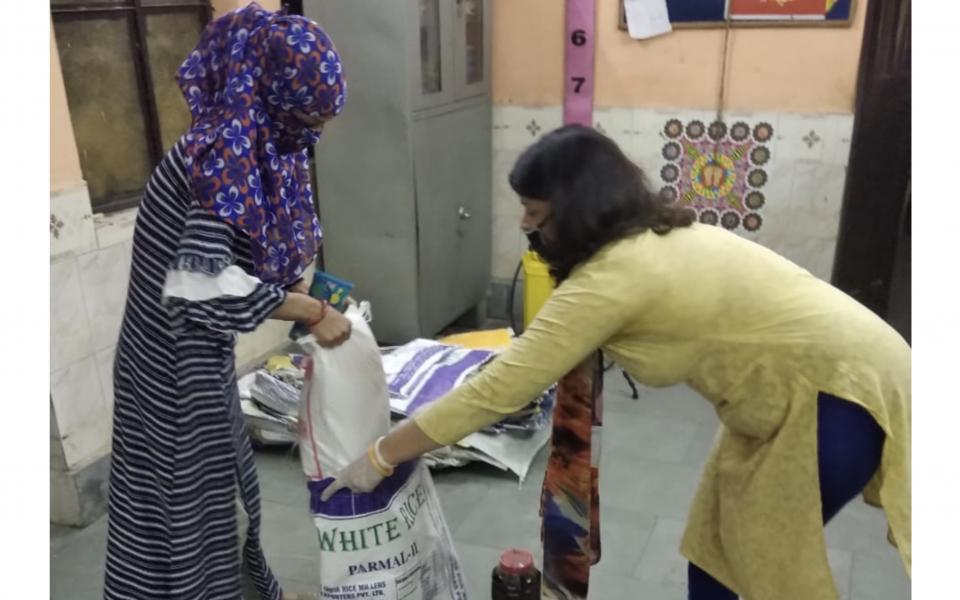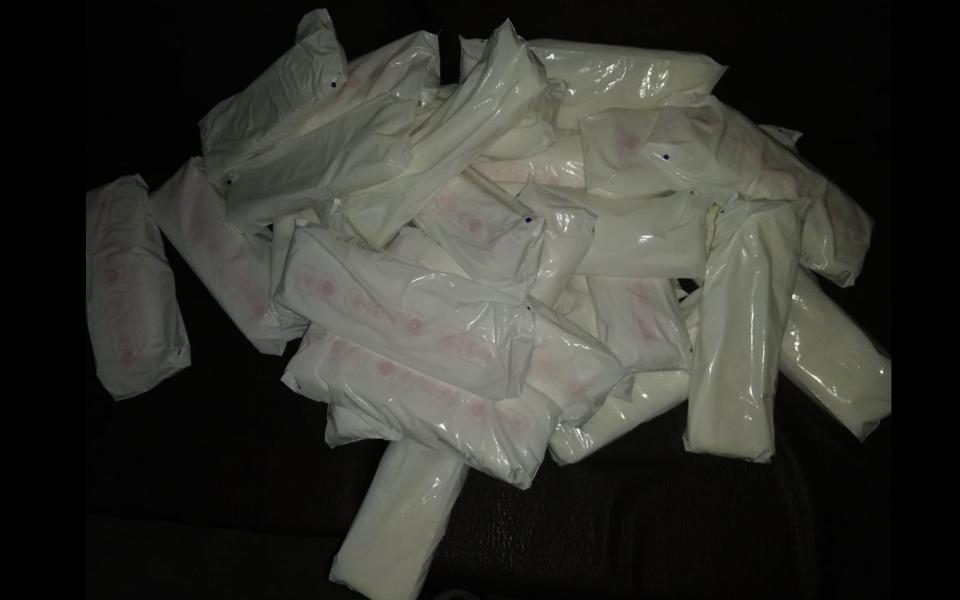
“Marginalize” or “Marginalized” are amongst the most common ‘words’ often referred to in the context of the response to the infamous CoVID 19 pandemic - and perhaps quite rightly. The word “marginalized” refers of a person, group, or concept treated as insignificant or peripheral. No wonder, as in the case of epidemics like TB, HIV, viral hepatitis the response to CoVID 19 would require the most marginalized groups to be at the centre. The challenge however that remain is to understand, nuance and develop responses for the marginalised depending on the context of “marginalisation”. CoVID 19 has in many ways has redefined the context of marginalization. From migrants, the elderly, young, incarcerated, men, women, rich, poor, urban, rural…, almost every section of the society is uniquely marginalized. What’s different for the traditionally marginalized groups i.e., women in sex work, LGBTQ groups, people living with HIV/AIDS and/or people who use drugs – is the fact that they don’t have easy access to any health or welfare measures – even when the support is intended for them – and that’s what makes them most marginalized and consequently most at risk with limited to no access to lifesaving drugs, food, nutrition and related other supportive interventions.
Women in sex work is one such group that Alliance India has prioritized as a priority for the CoVID response. This in turn is ensuring that the momentum to HIV 90:90:90 targets is also not lost as a result of the challenges due to the lock down. Thanks to the generous support from Mac AIDS Funds and Tides Foundation, Alliance India’s Ujwala project continues to serve Women in sex work in three Indian cities i.e., Delhi, Warangal, and Ahmedabad. The strategy involves leveraging the existing sex worker’s targeted intervention (TI) programme supported through the National AIDS Control Organization to respond to the rapidly changing sex work environment in India. This is done by moving beyond the traditional sites, and reach women in sex work who operate virtually and remain unreached by the National HIV programme.

In this context, the Delhi chapter of the Ujwala project implemented by Anchal Trust reached out to Alliance India for emergency support for 277 women from the sex workers community. The request included dry ration kits, food, nutrition and safety and sanitary kits for women soliciting sex through spa centers and for women soliciting sex using virtual platforms besides the traditional sex workers. URI-North India & Afghanistan keeping in mind the immediate need from Alliance India responded swiftly and mobilised the required support through its partners Centre for Advocacy & Research and Food for Hungry Foundation. The support is sufficient for ensuring that the community has enough emergency support for 2-3 weeks for the whole family and in turn are able to continue with their HIV prevention services including specially support for preventing gender-based violence (GBV) and sexual reproductive health services (SRH). Yet again, URI has upheld the idea of seva (service) through this intervention. URI always bears in mind the golden rule “do to others as you would have them do to you”. It firmly and strongly believes that all faiths promote the ideas of peace, brotherhood and compassion; and that religion can be used as a tool to ensure inclusive growth and development in the society.

